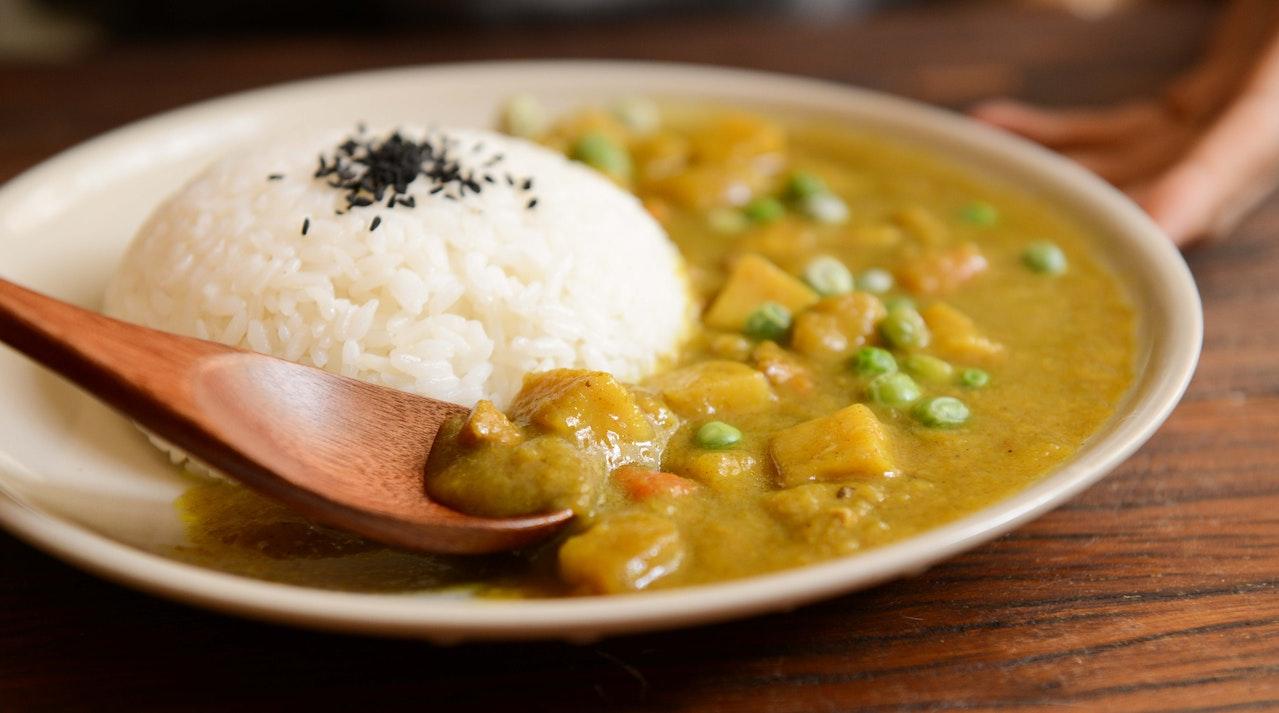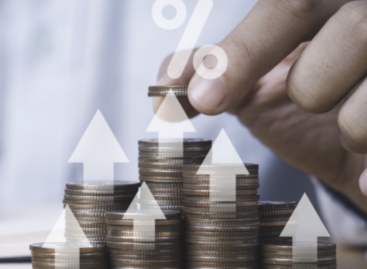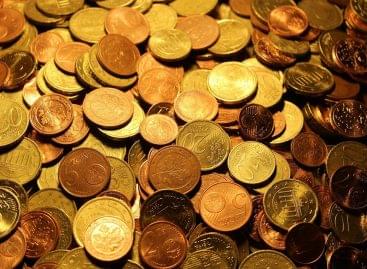That is why rice is becoming more expensive worldwide
India has imposed an immediate 20% tariff on the export of parboiled rice, further reducing the shipments of the world’s largest exporter and potentially raising the global rice price, which is already near its highest level, according to Reuters.

Last month, India surprised consumers by banning the export of popular non-basmati white rice, having done the same with broken rice last year. The ban has pushed consumers to increase their purchases of parboiled rice, driving its price to record highs, said an owner of a Mumbai-based trading firm speaking to Reuters.
With this tariff, Indian parboiled rice could become as expensive as shipments from Thailand and Pakistan. For buyers, there is hardly any alternative now,
the trader said.
India accounts for 40% of global rice exports India exported 7.4 million tonnes of parboiled rice in 2022. In July, the rice price index of the UN’s food agency hit its highest level in 12 years, as prices surged in key exporting countries following Indian export curbs.
India contributes more than 40% of the world’s rice exports, and the low stocks with other exporters mean any reduction in shipments could raise food prices, which have already risen due to the Russia-Ukraine war and volatile weather.
India has now imposed restrictions on all non-basmati rice, usually preferred by poorer African and Asian consumers, said an owner of a New Delhi-based trading firm.
Global rice prices have begun to moderate in the past few days after rising by over 25% due to India’s curbs last month. However, prices are expected to rise again,
the trader said.
The recent curbs on food exports indicate that Prime Minister Narendra Modi’s government is sensitive to food inflation ahead of next year’s elections.
Hence, the government extended the wheat export ban after curtailing rice shipments in September 2022. This year, sugar exports were also restricted due to reduced sugarcane yields.
Related news
Can the lending boom continue next year?
The volume of retail loan agreements this year could even…
Read more >Prices rose by 3.7% in November
Following a 3.2% year-on-year increase in October, consumer prices in…
Read more >Márton Nagy: the government is keeping inflation low, the emphasis should be on increasing productivity
According to the latest data from the Central Statistical Office,…
Read more >Related news
Recognition of Consumer Protection Excellence: Honoring the Best of 2024
This year’s outstanding consumer protection officers and special award recipients…
Read more >The Joy of Giving! – SPAR stores collect non-perishable food for people in need
The Hungarian Maltese Charity Service and SPAR Hungary have launched…
Read more >KSH: industrial production decreased by 0.2 percent in October
In October, the volume of industrial production fell by 0.2…
Read more >








